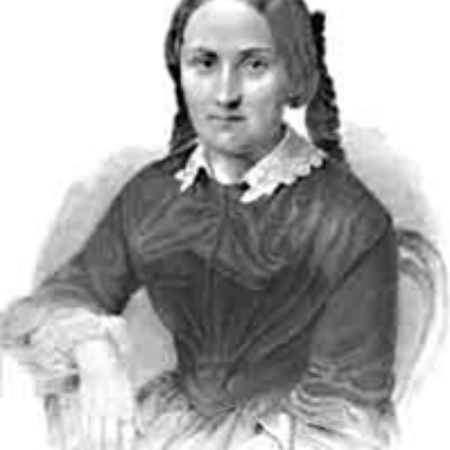Sometimes I’ve read a book that is so memorable that years later I not only remember much of the book, but also the emotions I felt when reading it, where I’ve read it, and what the weather was like. One of those was a book by south German author Ottilie Wildermuth. In the middle of the 19th century teenage girls in southern Germany devoured her books and she was a best-selling author. In her books she tells stories of her ancestors, mainly from the perspective of the women of the family. They are stories of joy and suffering, of love and loss, of adventure and peace. The great thing for me is that Ottilie Wildermuth is a distant relative and so most of the people she wrote about are also my ancestors. Her books therefore have special significance for me.
Many of the stories take place in the small towns of southern Germany, with the ancestors mainly among established farmers, local administrators (town clerks), lower nobility and—as she writes—vicars and more vicars. That’s why life in the vicarage is the subject of many stories. Somehow life in our own vicarage doesn’t reach the romanticism displayed in her stories, but hopefully there is also not the tension and heartache that were so much part of life, and which endeared the stories to the teenage readers.
Clearly family was very important in her world. Today the world she so passionately described is often regarded as restrictive and patriarchal, but her description of women’s lives at these times clearly exposes as untrue the stereotypes of oppression that are told today. Yes, life was hard, and men and women had different roles, but together as families they could overcome hardships. Women had considerable ability to shape their own lives and the lives of their families. There are stories of a woman who managed a castle estate on her own. Others tell of a girl’s bravery in times of war when the actions of soldiers could be thwarted and a whole village saved.
I couldn’t help but compare the beauty and groundedness of Ottilie Wildermuth’s writing with the ugliness and confusion of much children and young adult literature today. Or think of the obsession of social media, when parents are happy that their children watch mind-numbing cat videos and nothing more damaging.
These are so shallow compared with the deep insights of those older books.
Of course, not everything was right and good in the world in which these books were read. I’m still saddened, for example, by the tide of fervent militarism that swept over much of the world by the end of the 19th century. Still, those books give us hope that even in hard times we can hand on wisdom and faith to new generations.

